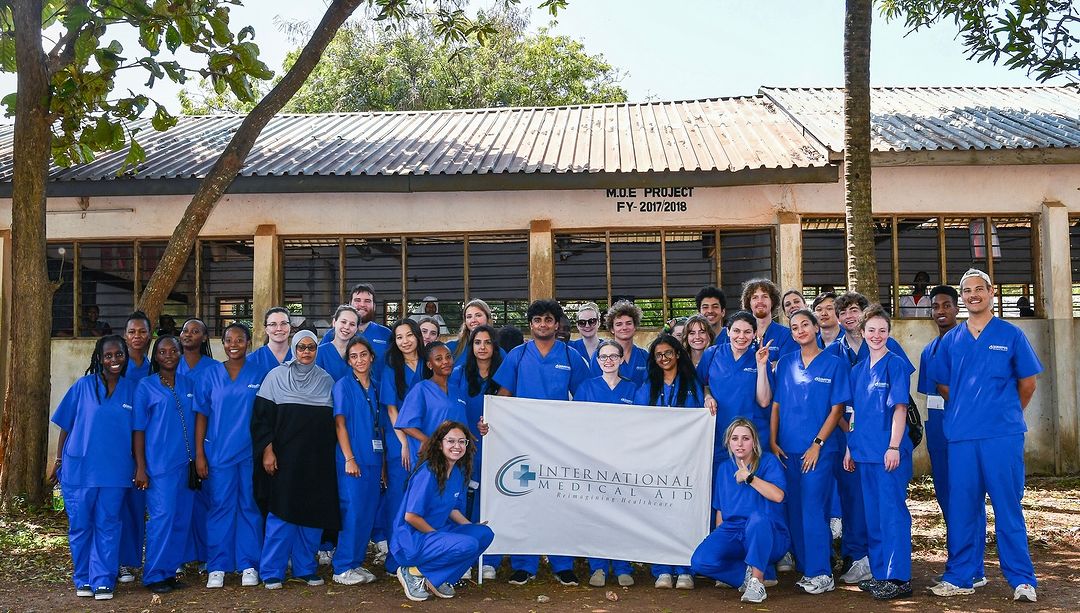Doctors around the world routinely encounter people who are suffering trauma. It can be an unavoidable consequence of suffering a major injury, violence, the loss of a loved one, and so much more. And of course, there are different types of trauma including physical, psychological, and emotional.
Many patients who suffer trauma are dealing with much more than just the initial impact of something bad happening to them. The impact of trauma exists a long time beyond the original event and it can lead to long-term conditions such as chronic pain, emotional instability, and conditions like PTSD. This means it is absolutely essential that doctors understand the broad range of options available to support patients who are suffering from trauma.
Traditional approaches to trauma therapy – like psychotherapy and medication – are often seen as foundational to recovery, but it should be understood that there is a huge range of complementary techniques and therapies with a growing body of evidence attesting to their effectiveness. Options like art therapy and animal-based approaches can be powerful tools to help people recover.
In this article, we’ll take a look at some of the trauma treatment options that have been extremely beneficial to patients around the world. Getting familiarity with methods of trauma treatment can allow healthcare professionals to provide a more comprehensive range of treatments and help patients return to health sooner.
Psychotherapy
There are, of course, a large number of different types of psychotherapy that can be beneficial to those suffering from trauma. Cognitive Behavioral Therapy (CBT) is one of the most well-known – and it is a type of therapy that is recommended by the American Psychological Association:
“Numerous research studies suggest that CBT leads to significant improvement in functioning and quality of life. In many studies, CBT has been demonstrated to be as effective as, or more effective than, other forms of psychological therapy or psychiatric medications.”
Being able to talk through issues with an experienced professional can be a huge benefit to those suffering from trauma. Patients can understand their condition and how it is affecting the way that they think.
Pharmacotherapy
For many patients, one of the most effective forms of treatment comes in the form of medication. Once again, it is important to state that there is a huge range of different types of drugs that can help to fix chemical imbalances in the body that have been caused by trauma.
Some medications make it easier for patients to relax or sleep. Others allow sufferers to experience that feeling of ‘normality’, with the ultimate goal in most cases to be that they will eventually be able to stop taking the medication and feel themselves again.
WebMD explains that some of the most commonly prescribed medications for post-traumatic stress disorder (PTSD) include antidepressants, beta-blockers, and benzodiazepines.
Art therapy as a trauma treatment
For as long as history has been recorded, humans have used creative processes like drawing, dancing, and music to express themselves or to feel better about the world around them. So perhaps it is no surprise that one of the most effective ways to overcome trauma is in the use of art therapy.
White River Manor explains Art therapy as “a tool used by therapists to help people access, express, and interpret their thoughts, feelings, and experiences. It can help with gaining clarity on difficult issues and achieving deep healing”.
It can be extremely useful not only in allowing people to bring their emotions out, but also in helping them develop coping skills and find resolutions to distressing thoughts and feelings.
The fact that a lot of art is non-verbal means that it can allow patients who are finding it difficult to express themselves with words to articulate their trauma, and even find solutions to it.
Mindfulness-based practice
One of the best ways to deal with trauma is to instill a sense of calm and relaxation, providing a space for emotions and feelings to come to the surface. Utilizing mindfulness across a range of types of practice can be really useful in this regard. More and more, patients suffering from trauma are finding stress-reducing activities like yoga and guided meditation to be powerful tools.
Trauma can often result in either hyperarousal or dissociation – both of which are issues where patients feel less connected with themselves. Mindfulness practices can be some of the most effective in helping someone suffering from trauma feel grounded and get that connection back with their mind and body.
Peer support can be an ideal trauma therapy
As humans, we like to feel supported in the things that we do. So, when recovering from trauma it can actually be extremely beneficial to work alongside a group of people who are going through something similar. Peer support and group therapy are something that many medical professionals consider essential for those recovering from trauma.
A peer support group can provide a safe, shared space that allows patients to connect with others and it can help to normalize the experience of trauma and reduce the feeling of isolation that many patients have.
Somatic therapies
One form of alternative therapy that some patients find can help with the issues brought up by trauma is somatic therapy. Sometimes referred to as somatic experiencing, this therapy is specifically aimed at patients suffering from different forms of trauma such as PTSD.
Rather than considering external forces, somatic therapy focuses on internal sensations and using these internal feelings to release physical tension in the body. While it might not be right for every person who has suffered from trauma, there are a growing number of patients who consider it to be beneficial to their recovery.
Animal-based therapies
Trauma survivors often exhibit symptoms such as emotional withdrawal or the feeling of being judged by others around them. One way that has shown to be effective in dealing with these types of issues has been animal-based therapies.
Broadly put, these therapies are either individual placements with animals or guided interactions with animals, which can help reduce stress and promote emotional healing. Dogs, cats, and larger animals like horses can be used in these types of therapies.
Animals can provide a safe and non-judgemental environment which can help patients build confidence and trust.
Creative writing and journaling
Writing and journaling can provide another form of therapy which can be very effective in helping trauma survivors heal. Whether these are reflective writing exercises, where patients are encouraged to release their feelings, or simple journaling that documents the everyday experience of trauma sufferers, this can be another strong method of allowing patients to express themselves.
Writing comes with the additional benefit that survivors can look back and identify patterns of behavior or ways of thinking.
Trauma support can take many forms
Medical professionals can prescribe support for people suffering from trauma in a variety of ways, from more conventional approaches such as talking therapies and medication to alternative options like animal-based therapy and creative writing. Just as there are many types of patients, there will also be a combination of therapies that can be ideal for them.


